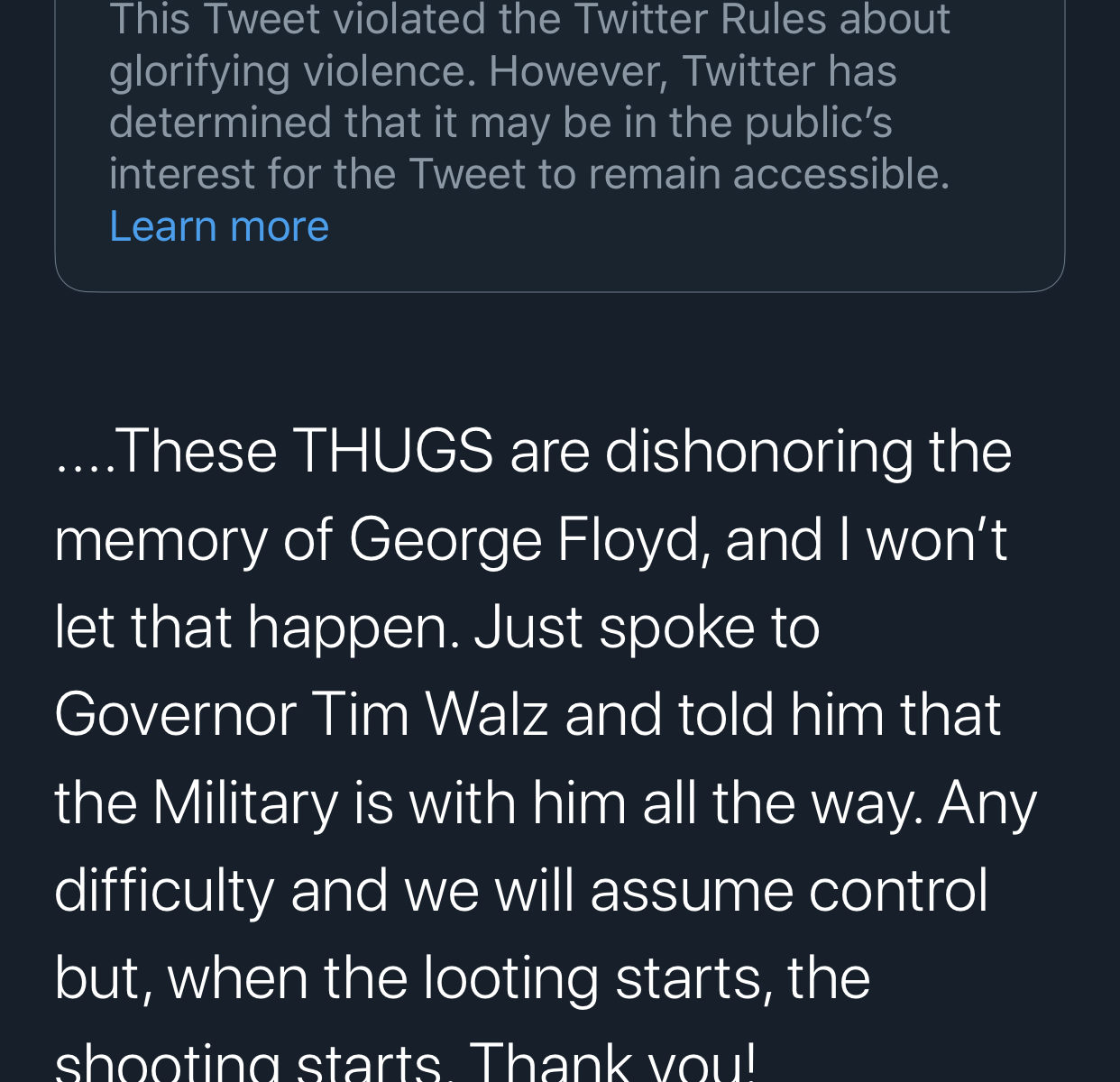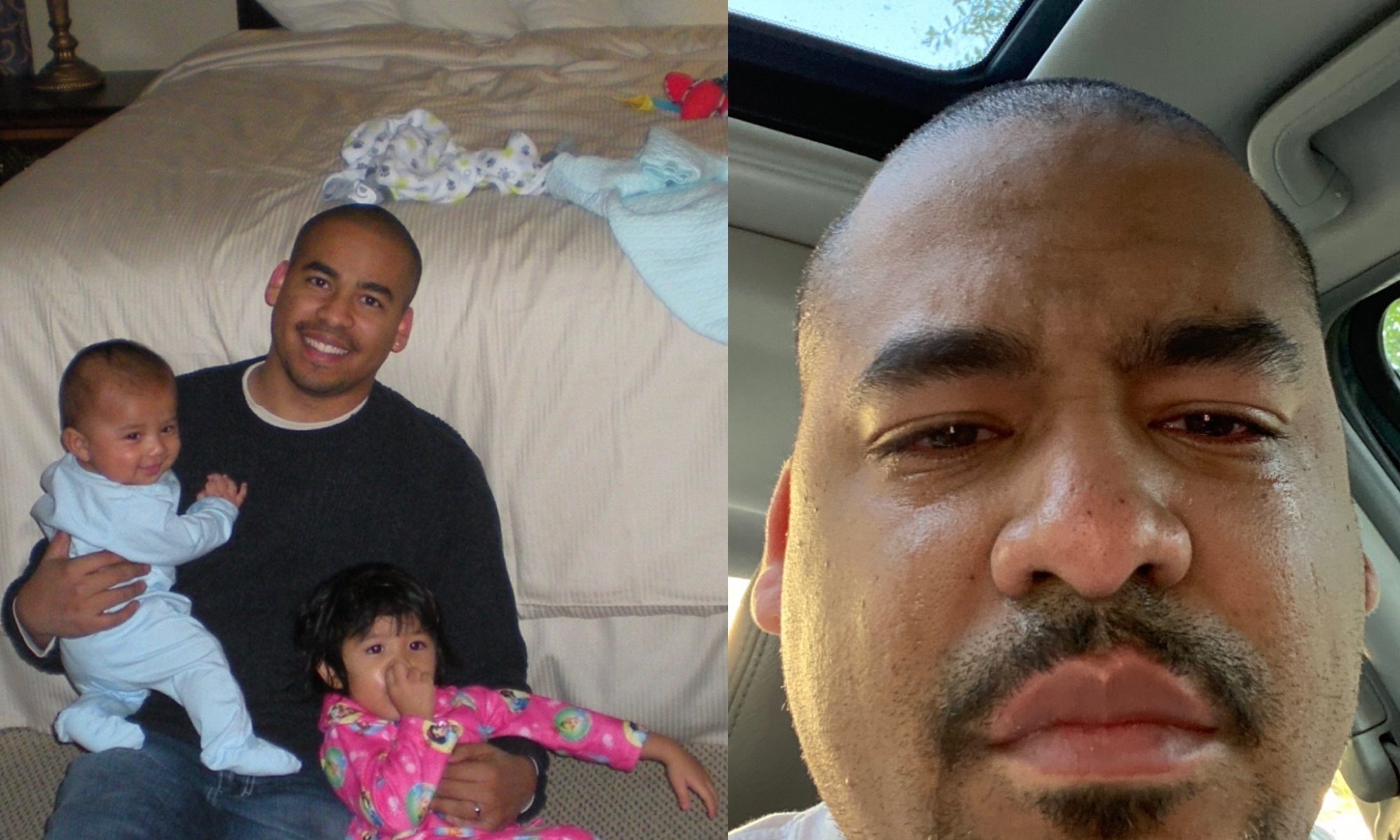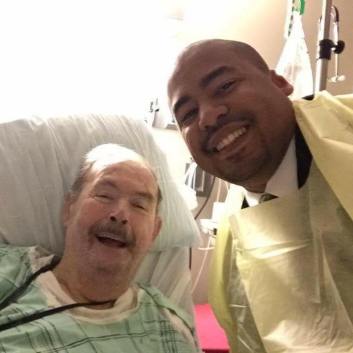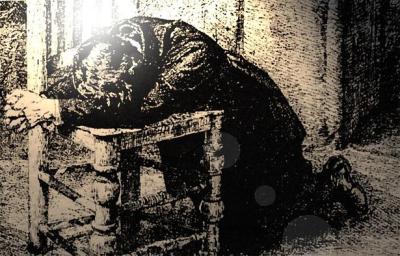“Othering” and the Gospel of Unity
By: Kyle J. Howard Topic: Ethnic Reconciliation, Race Relations“Othering” and the Gospel of Unity: A Commentary on Trump & American Culture
This simple statement of truth is the fuel that ignites both the deepest friendships and most violent forms of segregation.
At creation, Adam saw the differences between himself and his wife, and they led him to rejoice in her differences. The fall of the entire human race was a result of the serpent convincing Adam and Eve that their differences designed by God were not something to accept and embrace but something of which to be skeptical.
Satan used “otherness” to nurture discontentment in the hearts of Adam and Eve. This seed of otherness has grown and blossomed into poisonous fruit and greatly cost all of us. Since the fall, how people made in God’s image navigate the reality of their differences determines the pinnacle of love and the depth of hatred.
Love, compassion, empathy, intimacy and friendship are good fruits of embracing differences as precious. Genocide, the Holocaust, murder, hatred, racism and prejudice are bitter fruits of viewing differences as divisive. This is not how it should be.
It seems as if there is a pendulum that swings from side to side, mirroring the posture of society and the church in regards to how it engages with unity and segregation. The pendulum swings toward unity, and society and the church embrace the beauty of diversity. The pendulum swings toward segregation, and they perceive differences as a means to divide, marginalize and oppress.
Some have sought to correct this issue through an ideology called “colorblindness.” Colorblind ideology dismisses the very existence of racial differences as an attempt at unity. In reality, colorblind ideology is simply the denial of the pendulum and is itself a form of oppression. To people of color, it essentially says, “Your color is an obstacle that must be ignored in order for me to be unified with you.”
“Othering” is another ideology. It is the act of categorizing people as “different” for the purposes of dehumanization. Othering is also a way of justifying apathy or indifference toward others because it views people’s sufferings and experiences as “different” and, therefore, irrelevant to oneself. Othering is what happened in the Garden of Eden when Satan convinced Adam and Eve that they needed to be like God. They neither accepted God for who He was nor were content with their differences as image-bearers of God. Othering explains why David rationalized Uriah’s life away: “He’s just a soldier–I can have his wife and take his life.”
Othering was the philosophy and practice of European conquerors, and it led to the enslavement and genocide of Native American people groups. It is the philosophy that propelled chattel slavery, lynching, Jim Crow laws and mass incarceration. It takes the truth statement, “I am not you, and you are not me…” and adds to it, “…therefore, what I think about you and what I do to you is amoral because you are deficiently different than me.”
To clarify, when you dehumanize and “other-ize” people, it allows you to oppress them or be indifferent toward their oppression without it conflicting with your morality because they are not as human as you. Othering causes people to perceive others as “creatures” who lack inherent dignity and value as image-bearers.
Them. They. Those People. Criminal. Savages. Nigger. Cracker. Divisive. Agitator. Race-Baiter. Libs. Repubs.
The list of othering vernacular is extensive, but its point is the same. It is like the wind that blew against Job’s home and destroyed his family in the Bible. The breath that utters such words is like a wicked wind that pushes the pendulum against unity and towards othering. Words that ostracize other image-bearers of God kill, destroy, isolate, wound and scar.
This is where the world is, and the political and social climate of American society has always been marked by othering concepts. One could say that Western conquest and colonialism itself has been fueled and justified by principles of othering image-bearers.
The question for us, as citizens of a kingdom not of this world is whether or not we have allowed this ungodly principle to enter the church. I believe the answer is a clear yes. If biblical ethics has been the angelic representative of the conscience that sits one shoulder of the majority culture’s evangelicalism, othering has been the little devil that sits on the other shoulder, whispering white supremacy into the ear and perpetuating segregation.
When we think about Trump’s recent rally and the othering vocabulary that is used within it, we must ask ourselves, “Do we hear this vernacular in the church? Is the majority culture (White Christian culture) perceived as normative while non-White expressions of culture are perceived as ‘other?’ Are minorities in the church spoken to in a way that makes them feel like they are ‘other”?
*Update* In light of the recent rioting in Minneapolis due to the strangulation/murder of a black man by police, Trump tweeted out:
These experiences are real for me. Regarding posts about racial injustice, I have received private messages on Facebook from friends asking, “Why are you talking about this? I thought you were one of us?” White brothers in Christ have accused me of being one of “those people” who is obsessed with race. I have lost count of the number of times saints have associated me with “they,” “them,” “those,” “y’all” and “the Blacks.”
The church of Jesus Christ should be a faith family that collectively rejects othering. After all, Christ became one of us. God took on human flesh. He was so different from the general populace of Israel that some did not believe anything admirable could come from His hometown. Jesus, the last Adam and human representative of us all, was a Jewish carpenter born out of scandal and laid in a feeding troth. He was the fulfillment of the Abrahamic/Davidic covenant, but He did not fit the mold of a king. He was the epitome of biblical masculinity but was not married.
It is through Christ that we have become members of a new humanity, which is unified in its diversity. Our Savior was a man who lived for over 30 years among a people and society that treated him as other. He was part of a religious culture that treated him as other. But it is this same Christ who has brought us together, and Christians must resist the segregating ideologies that keep the world in disunity. Instead, we are told in John 13 that the familial love of the church is a testimony of its divine source. Jesus prays for us in John 17 that we would abound in unity and oneness.
Christians come to Christ from a multitude of cultures, ethnic groups and social structures. In coming to Christ and being baptized into fellowship with his body, we become new creations with all other saints sharing one Lord, one faith and one baptism. The reality of the church’s oneness should not eradicate the beauty of its diversity. One of the great challenges within majority culture churches is that the majority culture often perceives itself as normative and forces minorities either to assimilate or be ostracized. The oneness of the church should not rob God of the glory he receives through having ethnically and culturally diverse people. The oneness of the church should simply be the foundation upon which the church is built, allowing it to be a stable and unified house of diversity.
As Christians consider our President’s rhetoric, we should grieve that he is perpetuating otherness, and in so doing, dehumanizing image-bearers of God. As Christians, we have a glorious message for Trump, the NRA, and all those who share this ideology, even in the church. We have good news, which declares that the Son of God–in His holy otherness–became one of us.
Through His life, death and resurrection, Christ has added to the truth statement, “I am not you, and you are not me.” If the blood of the Lamb were ink, it would put an end to mankind’s sinful inclination by writing the following: “I am not you, and you are not me. But we are one in Him.”
*This Article has been heavily adapted from my commentary on the NRA’s recent ad which can be found over at Faithfully Magazine. You can read it by clicking on the Link below.
You can follow me on Twitter @KyleJamesHoward. Also, check out my podcast “Coram Deo Podcast” which focuses on issues concerning Biblical Counseling and Practical Theology. You can search for podcast on any major podcast catcher, listen on the web here, follow updates @CoramDeoPodcast, or just click the artwork below.
Kyle J. Howard currently serves the church as a trauma informed soul care provider. Though his Soul Care ministry is comprehensive, he his primarily focused on counseling, teaching, and raising awareness about Spiritual abuse/trauma as well as racial trauma. Kyle holds an Associates in Biblical & Theological studies, a Bachelors in Christian Counseling, and is receiving his M.A in Historical Theology in a few weeks.






